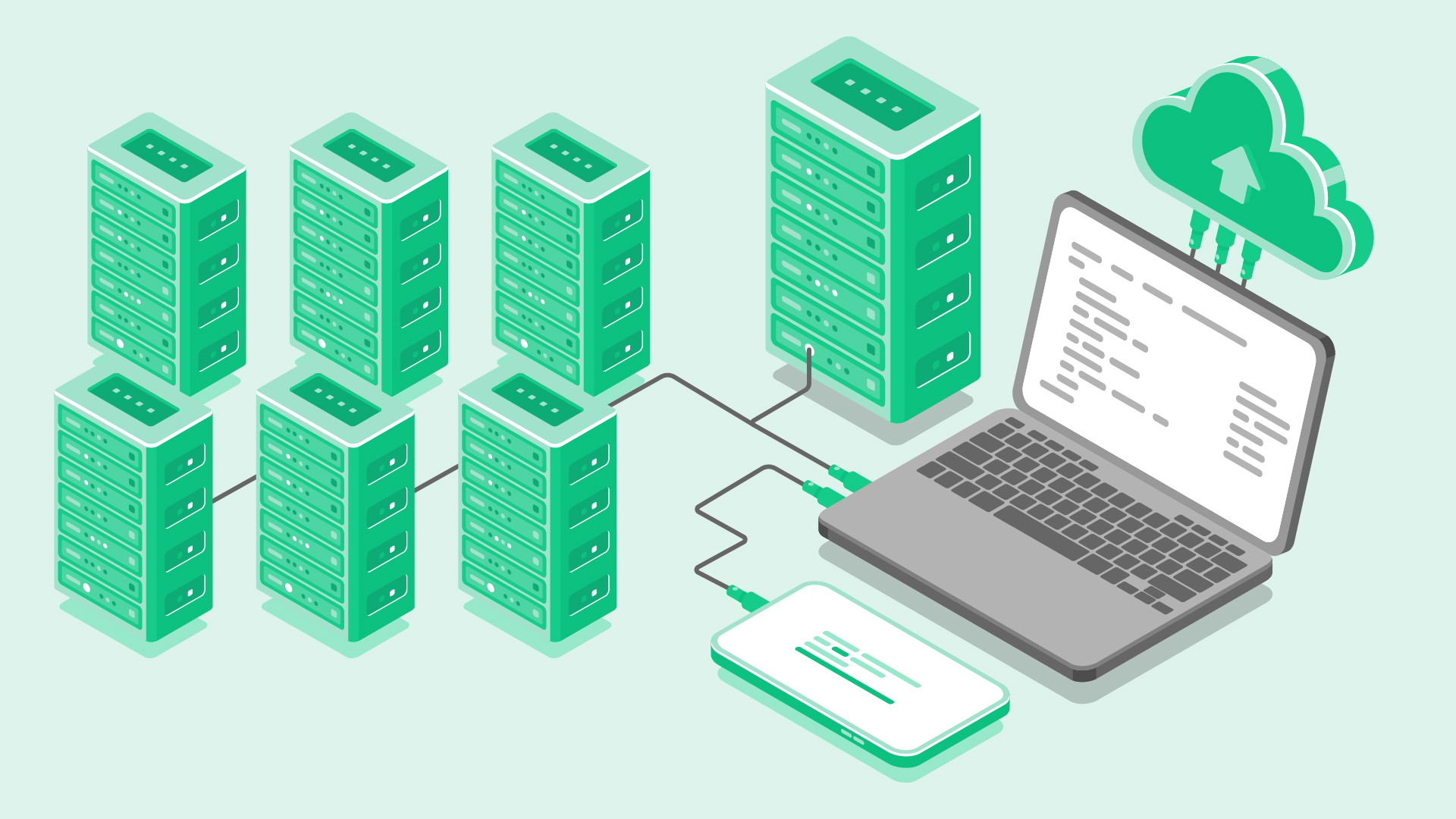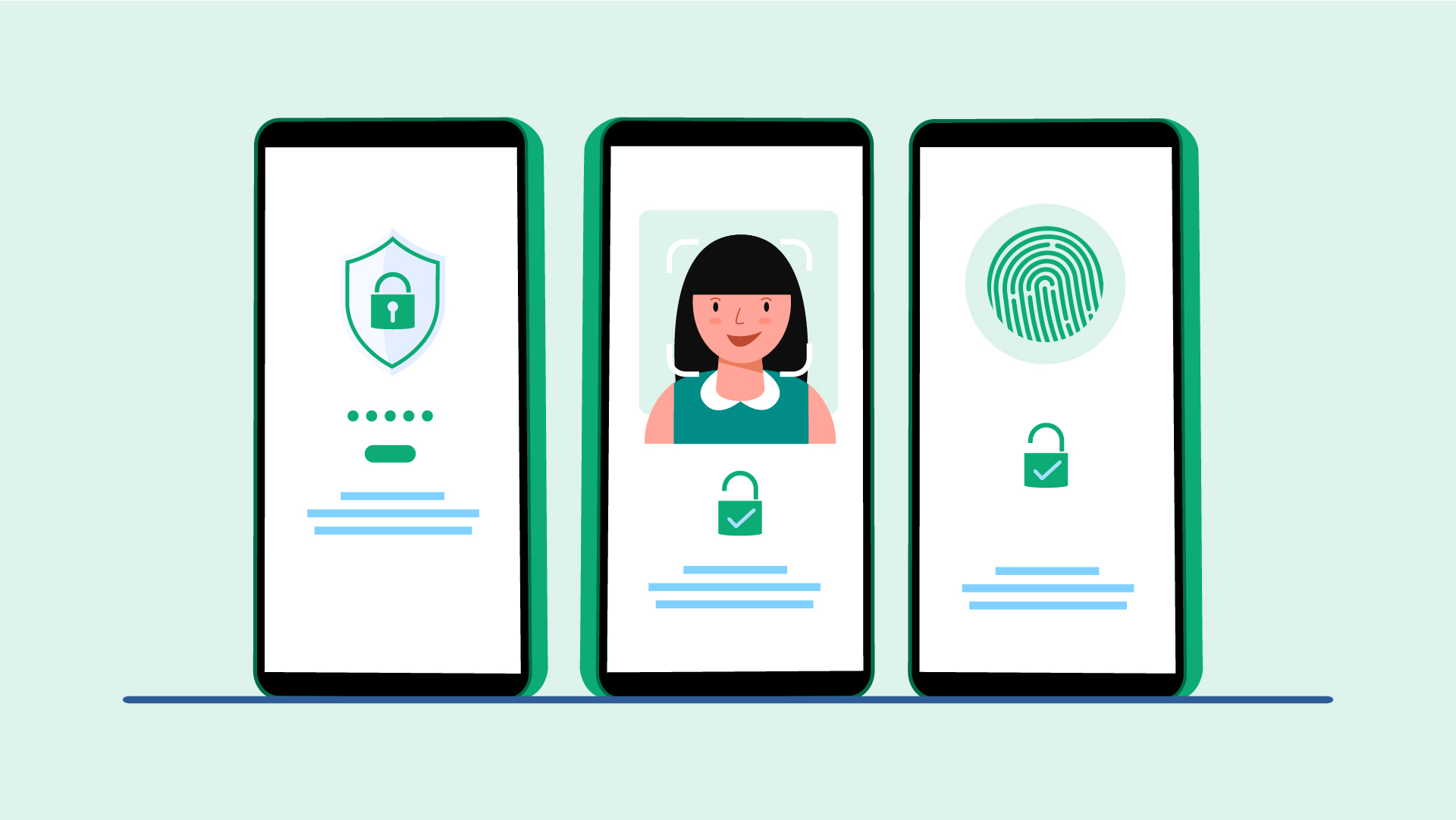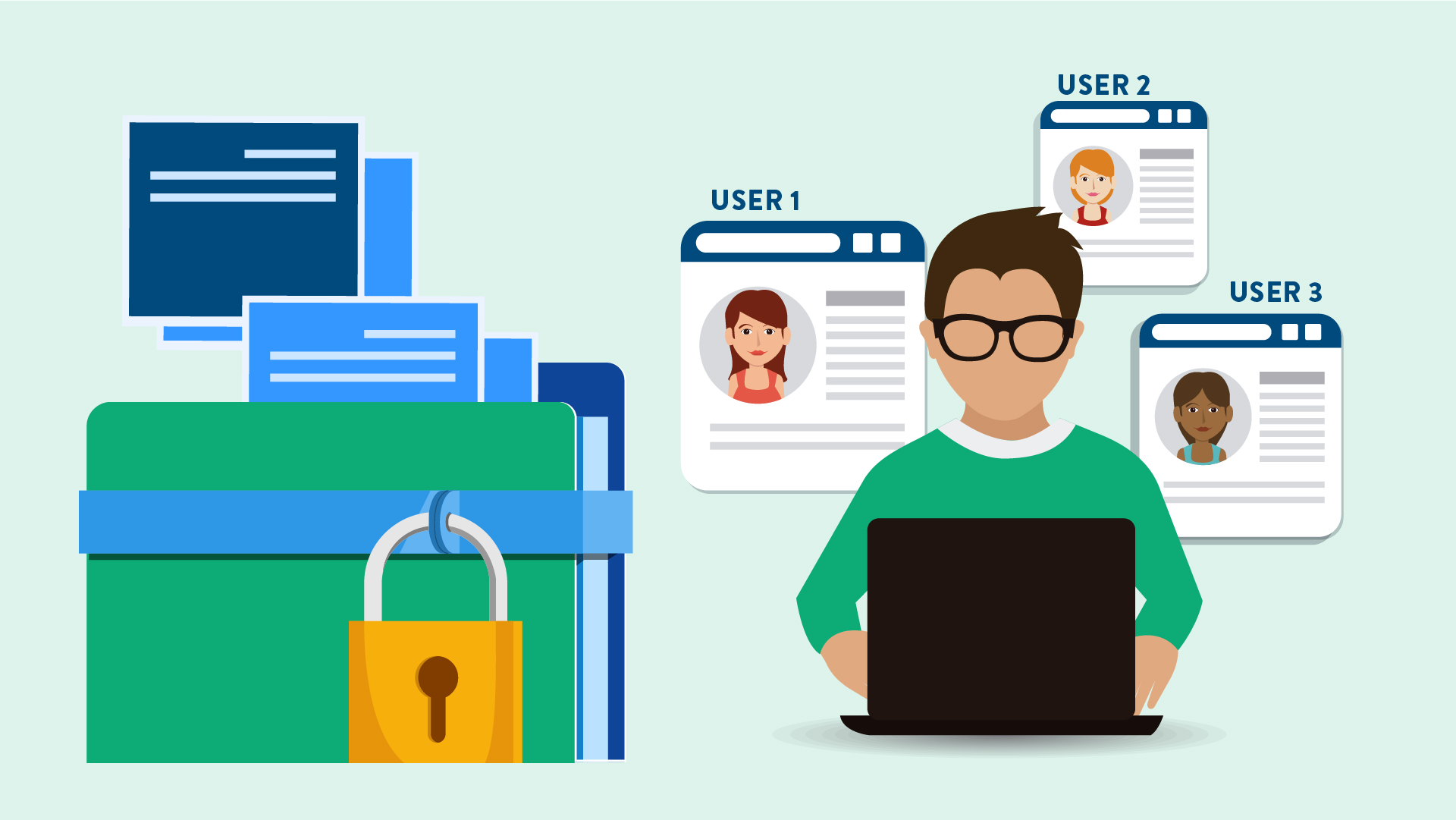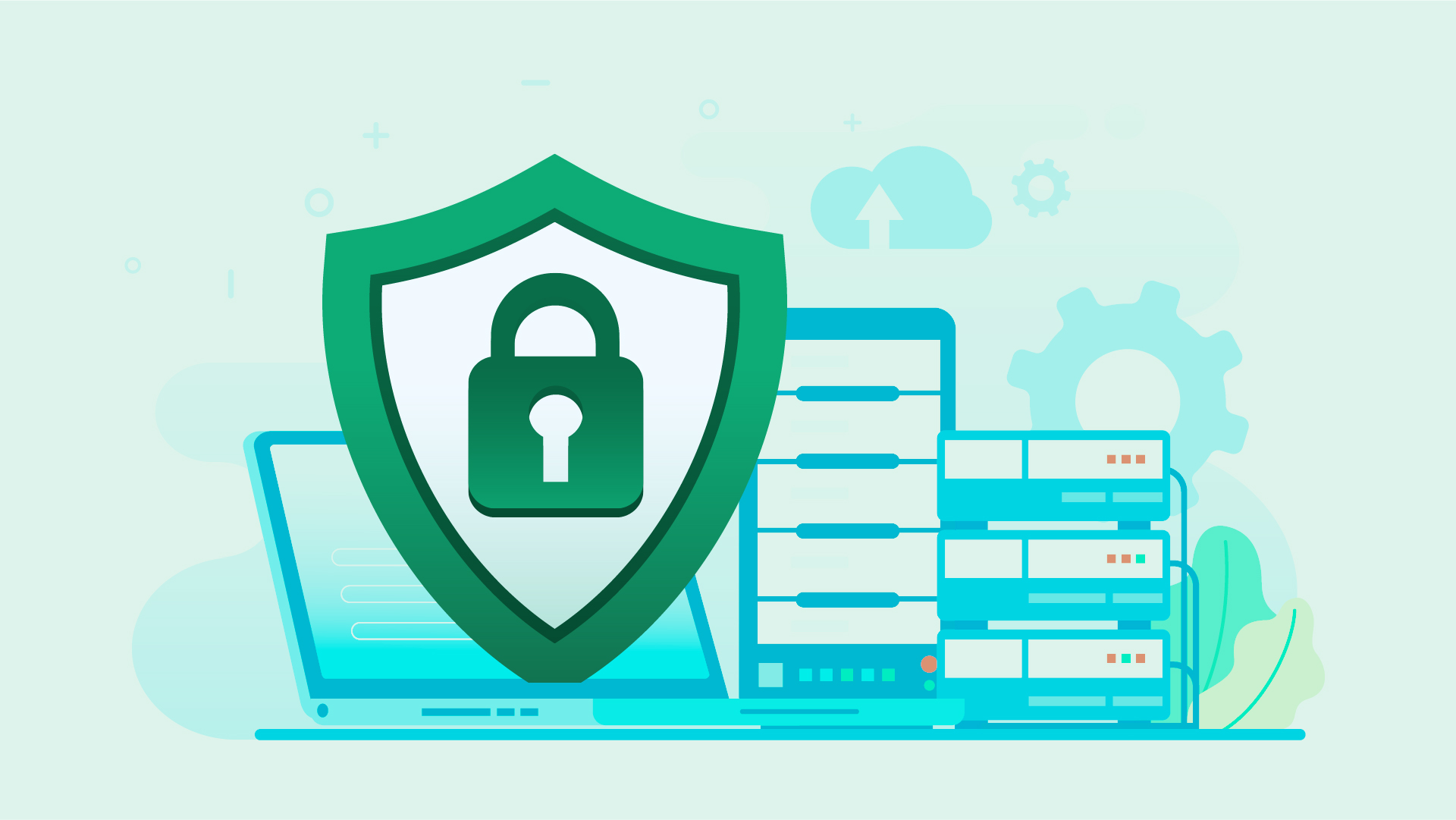An important part of a positive ERP system experience is the peace of mind that comes with ERP security. Legacy ERP (enterprise resource planning) systems are lucrative targets for cybercriminals. These systems combine various administrative assets under a single, unified application, putting the integrity of the entire organization at risk in the event of a cyberattack.
At 10X ERP, we know how important the security of your ERP system and your data is. We’ve built our ERP on a solid foundation with security as our #1 priority. We use modern web security best practice solutions and best-of-breed tools as a standard in our product.
ERP Security Practices
Despite the high-risk levels, only 38% of companies use tools like multi-factor authentication to restrict access to their most valuable systems – contrary to industry best practices. Many companies using large, enterprise-grade legacy systems such as SAP and Oracle EBS can struggle to keep up with the patches and security updates required, and hackers are consistently targeting attacks to gain access to the system.
To greatly reduce these risks, companies should use a combination of secure but flexible and scalable cloud hosting solutions (that can handle and implement updates conveniently and affordably), multi-factor authentication (MFA) to keep their systems safe and secure, and proper user permissions and roles.
What is Cloud Hosting ERP System Experience and How Does It Work?

We believe the ERP system experience comes before everything else. As such, we choose to use best-in-class cloud hosting and data backup providers. Their sole focus is on the security of data, so naturally, they can do a better job than a custom-built on-premise solution. Not to mention the tremendous cost savings and scalability that come with not having to build out the IT infrastructure yourself. Cloud hosting goes a long way towards addressing the major security flaws on-premise hosting simply can’t.
First, cloud hosting provides consistent security updates, AI-powered monitoring tools, and auto-patching. Many hackers know that users of certain legacy systems struggle to access the IT expertise and resources to keep up with security updates (or simply can’t afford the downtime). When you store data in the cloud, the hosts are consistently and effortlessly backing up data and updating their security measures. Built-in algorithms constantly stay on the lookout for possible vulnerabilities that may expose your business to harm and issue patches accordingly.
Second, cloud providers practice redundancy, which means that (unlike standard on-premise data centers) your data is safe and fully recoverable even if you (or the cloud provider) suffer a natural disaster or power outage. The provide backs up your data instantaneously to the cloud at all times, guaranteeing maximum uptime. We want the best ERP experience for your company, which is why we only offer cloud hosting at 10X ERP.
Sign-On Authentication

Password hacking (typically through brute force attacks) is probably the easiest way of gaining access to a company’s network, which is why many companies have started adopting 2FA (two-factor authentication) methods. We use multi-factor authentication (MFA) to verify a user’s identity when they log into the web-based app. MFA adds additional security layers to the authentication process, is non-evasive, and meets many of the existing compliance requirements demanded by leading financial institutions.
The difference between 2FA and MFA is straightforward:
2FA uses two factors or pieces of evidence to verify a user’s identity. This could include knowledge (e.g. user information like passwords), possession (e.g. a Yubikey or one-time password), or inherent quality (like a fingerprint scan).
MFA uses two or more of these factors, making it harder to access the system. It also comes with numerous other benefits, including ease of use. MFA is expected to become the standard measure of compliance with a number of regulatory and industry requirements, like Payment Card Industry (PCI) compliance.
At 10X ERP, we use the leading secure login and identity management provider Auth0 as our MFA provider of choice.
Control User Roles & Permissions in ERP System Experience

While we’ve addressed external threats, it’s important not to discount internal risks and threats. After utilizing MFA to log into 10X ERP, we provide strict (but easily modified by an admin) user permissions and roles to grant access to data areas within the app.
Organizations have to protect sensitive and classified information by controlling who has access to what data. Information should be accessible on a strict “need to know” basis with the ability to modify permissions seamlessly. In 10X ERP, setting up and managing permissions and roles is granular, yet intuitive. Admin can give or revoke access to certain entities, sections, or even fields and the changes are updated instantly – with a full audit trail to see which permissions were updated, when, and by whom.
Ensure Your ERP Security
A modern ERP system experience is not complete without best-of-breed security. At 10X ERP, our combination of various tools and best practices ensures that our clients’ valuable data remains protected at all times. Security must be the foundation that any worthwhile ERP system is built on – not an afterthought.
